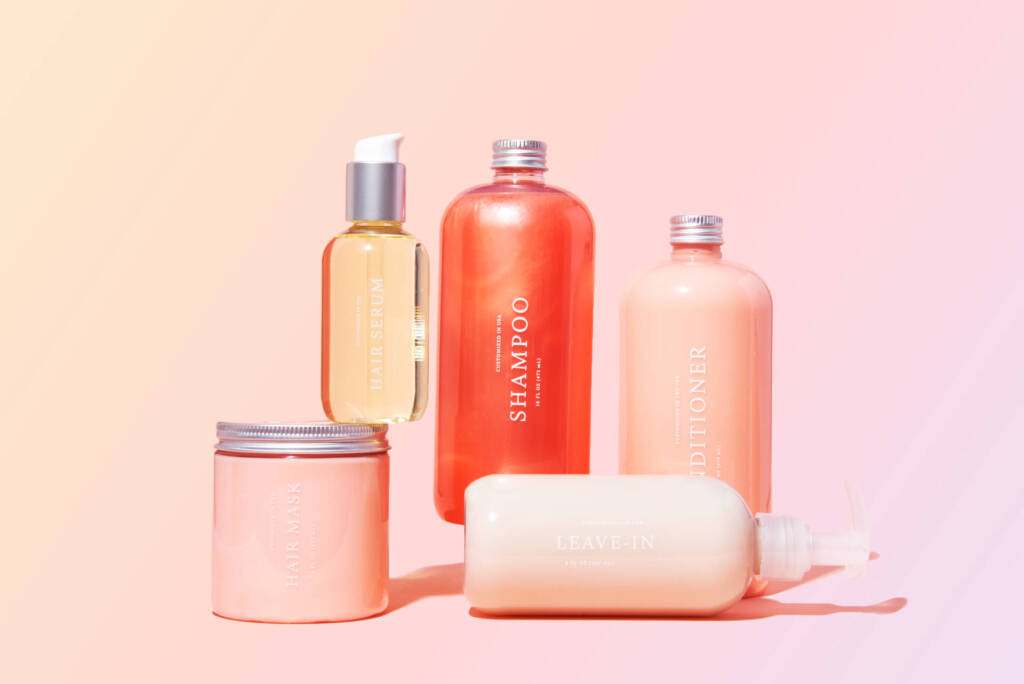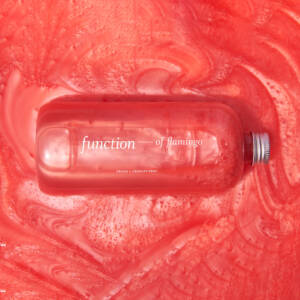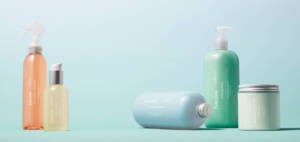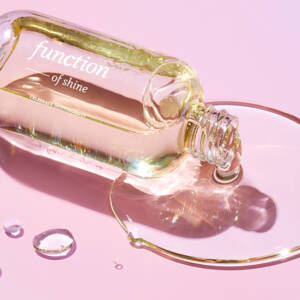
For most of my adult life, my relationship with my skin has been…adversarial at best.
Maybe it was the general pressure of my 20s—a time when we’re all so vulnerable to insecurity and comparison. Maybe it was the specific way that 20-somethings are treated by society of the pinnacle of beauty. Whatever it was, from a skin perspective, in my 20s, I didn’t feel like I’d ever progressed past my teens. My skin looked the same (bad!) and my self-esteem did too (low!).
I spent a million dollars visiting a million derms and estheticians, trying a million different routines that all worked for someone else. I slowly got my acne somewhat under control but—surprise, surprise—my insecurities didn’t get the memo. They stuck around long after the zits did. I still spent hours in the mirror, either fixating on every little flaw or obsessing on how to cover it up. I was searching for a level of perfection that didn’t exist, and I wanted it for all the wrong reasons. It was all in the hopes of getting external validation, of people on the street or at the bar or on the internet being wowed by my beauty. It was backwards and it was sad.
A couple of years ago I finally got my skin relatively under control—but I started feeling super self-conscious about how much effort I still put into it. I’m really passionate about self-worth and know that for me, my skin and my self-esteem were inextricably linked. Talking about acne and skincare is one of my favorite topics, whether it’s with my friends, my tiny Instagram following, my derm, whoever. The chemistry behind it is magical to me. But at the same time, the increased visibility of conversations around loving and accepting one’s self and rejecting societal expectations of beauty had me wondering why I bothered so much with my appearance. Shouldn’t I, in my sage wisdom, be able to let go of these habits in an act of self acceptance? To put it bluntly, I felt dumb for caring so much.
It took a solid bit of self-reflection and reading before I could put my finger on what had shifted. After all, I go about the same routine; I spend the same, if not more, time and money on my skin; I talk about it all the time.
The difference is, now this practice feels very me-focused. I feel good when i’m doing it, and more importantly, I have such a healthy idea of what I can get out of it. In my 20s I thought that with enough effort, I’d have an 18-year-old-model-who’s-genetically-blessed-plus-never-seen-the-sun-and-was-photoshopped-on-top-of-that complexion IRL. Now I look in the mirror and see pores, wrinkles (not fine lines! They’re wrinkles! It’s ok!), melasma, weird dry patches, and it’s like—well, of course there are, Sam. You are a live human being inside a flesh suit who does activities and things every day and sometimes puts questionable things in your body and sometimes engages in questionable activities for the outside of your body and you breathe and run and sit by the window and you’ve been alive for three decades and—it’s okay that it shows.
Maybe it sounds trite but it’s a lesson that’s taken me a literal lifetime to learn: that my skin is for me now. It isn’t a measure of what I’m worth, and it’s okay to enjoy taking care of it—and those two things don’t have to be related.






